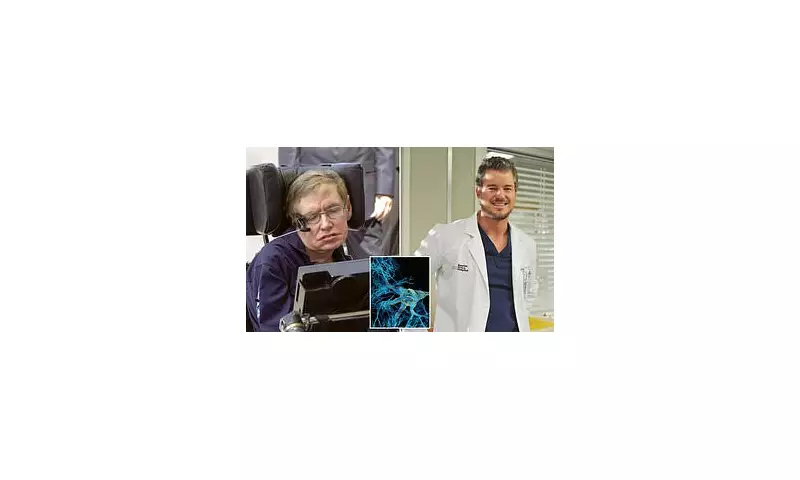
In a monumental step forward for neurodegenerative disease research, scientists have identified three fundamental biological pathways that trigger motor neurone disease, offering renewed hope for thousands of patients and families affected by the condition.
The Three Pathways to Destruction
Researchers from the international Project MinE consortium made the crucial discovery after analysing thousands of DNA samples from ALS patients worldwide. Their findings point to three specific biological mechanisms that drive the disease's progression:
- Nerve inflammation caused by overactive immune responses in the nervous system
- Protein mishandling where crucial cellular proteins become unstable and malfunction
- Genetic recycling errors that prevent proper disposal of damaged nerve cells
From Understanding to Treatment
Professor Jan Veldink, who led the research team, explained the significance: "For the first time, we're not just treating symptoms but understanding the actual engines driving this terrible disease. This knowledge allows us to develop targeted therapies that could potentially slow or even halt ALS progression."
The research, published in Science Translational Medicine, represents the largest genetic study of ALS ever conducted, involving over 100 researchers across multiple countries.
Immediate Clinical Implications
What makes this discovery particularly exciting is that existing drugs already target some of these identified pathways. Several medications used for other conditions could potentially be repurposed for ALS treatment, significantly shortening the timeline from laboratory to clinic.
Dr. Michael Snyder, co-author of the study, emphasised: "We're not starting from scratch. Some of the biological mechanisms we've identified are already being targeted by drugs for autoimmune diseases and cancer. This could dramatically accelerate treatment development."
A New Era for ALS Patients
For the approximately 5,000 people in the UK living with ALS - also known as motor neurone disease - this breakthrough represents the most significant advancement in years. The condition progressively damages parts of the nervous system, leading to muscle weakness, paralysis and eventually respiratory failure.
The research team is now collaborating with pharmaceutical companies to begin clinical trials of repurposed drugs, with the first human trials expected to begin within the next 18 months.
As Professor Veldink concluded: "We're moving from theoretical science to practical treatments. For patients who have waited so long for hope, that wait may finally be coming to an end."





